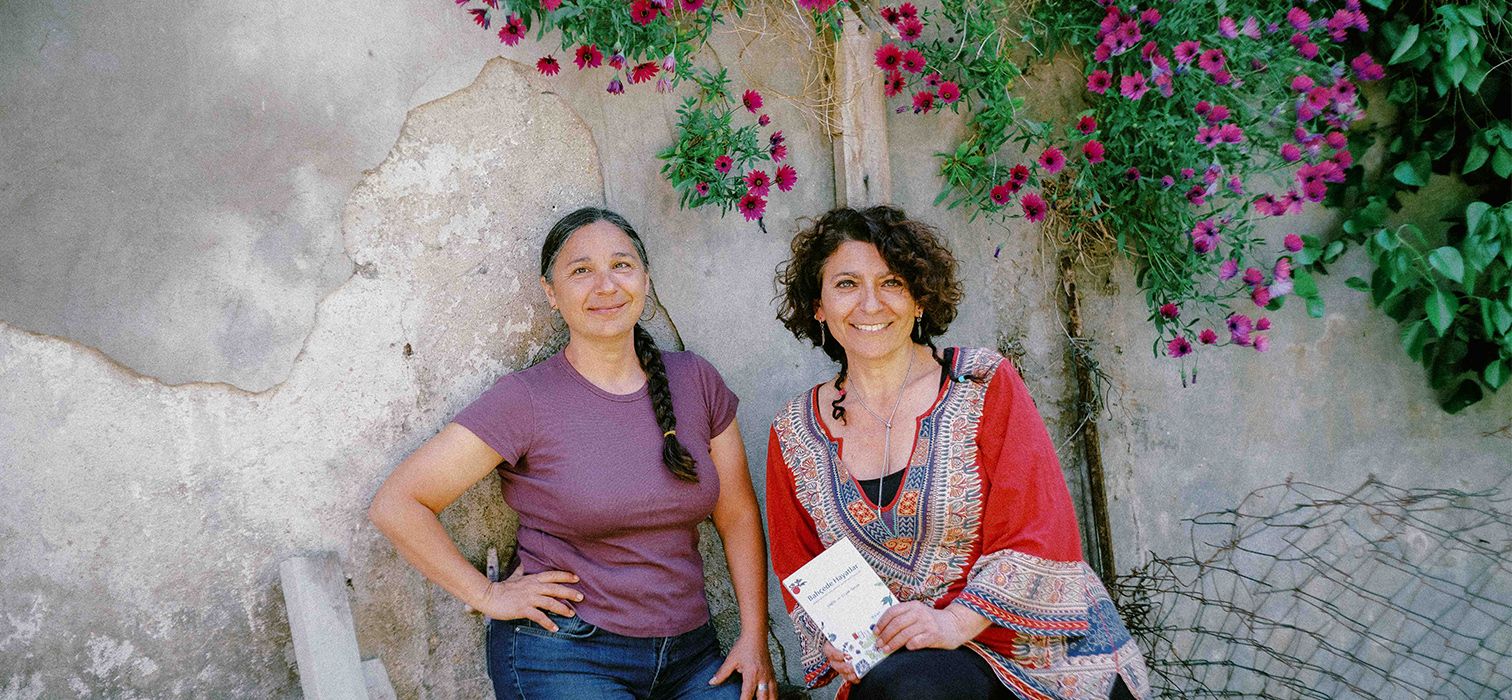
The words of the past year were brain rot globally and crowded loneliness in Turkey. What do these words symbolize?
Language is influenced by the social, technological, and ideological frameworks of its time, and it is also a vital cultural marker. Therefore, studying language offers key insights into not only the language itself but also the society and period in which it is used. From literature to everyday speech, all forms of language reflect the character of an era.
Looking back, we can see how words change. Consider the late 1960s, which brings to mind the unifying power of music, peace, and love. If the word of the year had been chosen then, it might have been terms like “beat generation,” “flower children,” or “hippie.” Turning to Turkey’s past, in the 1980s, it might have been “arabesque,” “disco,” or “martial law.” By the 1990s in Turkey, terms like “banker” or “mark” could have dominated.
As technology continues to evolve at lightning speed, so too does language. Linguist Noam Chomsky has said that, despite the limitations of language, we can create and understand an endless variety of words. Today, social media, which plays a major role in our daily lives, is reshaping language at a rapid pace.
English Word of the Year: “Brain Rot”

Each year, Oxford University announces the most widely used and popular words. This year’s word is “brain rot.” Why do linguists believe our brains are rotting?
Many of us spend hours scrolling on our phones before going to sleep, watching strange make-up tutorials, unsettling videos that may or may not be created by artificial intelligence, or relatives performing odd dances. We consume all of this content quickly, racing through seconds, discarding what doesn’t interest us, and jumping to the next thing.

While we laugh and enjoy ourselves, constant distractions are taking a toll on our minds. When we’re repeatedly exposed to new information, we feel our ability to think deeply and analyze weakening. This constant need for stimulation is what we call “brain decay.” Interestingly, we’re very aware of this shift. Casper Grathwohl from Oxford Languages notes that Generation Z and Generation Alpha have significantly shaped the reflection of this word in our culture. He describes it as “arrogant self-awareness,” where these generations are largely responsible for coining the term “brain rot.”

The phrase actually first appeared in 1854 in David Thoreau’s Walden, but its usage has surged by 230 percent between 2023 and 2024. This uptick signals that the issue isn’t that different from the 19th century. Dr. Feyza Akınerdem, a sociologist at Boğaziçi University, explains that the sense of hopelessness felt by society is now palpable. “The promise that conditions would improve under the guidance of human reason has ended. We are now in an era where disasters seem imminent, and we feel powerless. ‘Brain decay’ can be understood as an expression of the paralysis of the human mind,” she says.
Let’s Get Out of Here, I Can’t Stand It: “Crowded Loneliness”
While the word of the year in English is “brain decay,” in Turkey, the term is “crowded loneliness.” According to the Turkish Language Association (TDK), “Research shows that people are feeling more lonely as social media and digital technologies become more prevalent.” One might wonder if this loneliness began when the internet first arrived in Turkey. It almost seems as though the loneliness started with early platforms like MSN Messenger, MIRC, and ICQ. And, as always, the nostalgia for the past lingers: Was everything more real once? Or are we now in a deeper despair than the loneliness we felt back then?

TDK’s description of “crowded loneliness” reflects this paradox: “Although the number of followers and likes is rising in social media, creating a so-called ‘crowded’ environment that appears to solve loneliness, it actually exacerbates it. The digital world’s temporary relationships deepen the feeling of isolation. The number of people surrounding an individual doesn’t eliminate their loneliness.”
Dr. Akınerdem adds, “The concept of ‘crowded loneliness’ in Turkey highlights our farewell to traditional forms of human connection. Both terms show that the emotional climate of today is defined by despair.”

Prof. Dr. Ortaylı Criticizes “Crowded Loneliness”
Prof. Dr. İlber Ortaylı critiques the term “crowded loneliness” for its confusing meaning, stating, “It is an abstract, synthetic concept that combines a vague idea with a simple description. Grammatically, it resembles the word ‘dynasty,’ but with rough rhyme. Our generation is familiar with this term, which originates from David Riesman’s 1950s work, The Lonely Crowd. It predicted a future crisis in the societies of the United States and Western Europe, which were proud of their prosperity and organization. The issue was as significant as it was portrayed. In our sociology, the phrase was translated as ‘lonely society,’ and it was used correctly.
Language is crucial, but since the 1940s, TDK, regardless of leadership, has been producing incorrect terms (dictionaries) due to the lack of phonetic laboratory studies, even though it occasionally puts forth proper expressions. This habit continues. I advise against using it. It should be ‘lonely crowd,’ or even ‘hermit crowd.’ Had those who introduced this word first read the sociological work that addresses the concept, they would have understood better.”
We Will Also Remember 2024 with “Brat” and That Shade of Green
In addition to Oxford’s choice, Collins Dictionary has also named “brat” as its word of the year. “Brat” comes from the album released by pop singer Charlie XCX in 2024, which was a major success. During the U.S. elections, Kamala Harris embraced the term “brat” and even shaped her campaign around it, boosting its popularity among younger voters.
The word describes self-assured, independent individuals, blending hedonism and anxiety. In Turkish, it could be translated as “naughty brat,” “spoiled child,” or “boisterous.” However, “brat” carries deeper meaning. It also rejects the ‘clean girl’ aesthetic popularized on TikTok, referring to someone who is messy, loves to party, and occasionally says foolish things. Harris’s strategy didn’t directly impact polling, but it exemplifies how pop culture terms can shape both politics and our everyday lives.

Which Words Have We Used the Most in the Past?
• Rizz (2023): A shorthand for charisma, this term humorously highlights unsuccessful dating attempts.
• Goblin Mode (2022): Refers to individuals rejecting societal standards of perfection and adopting a carefree, disorganized lifestyle. It represents a retreat from the polished image often presented on social media, particularly after the pandemic, in search of freedom, laziness, and embracing mediocrity.

• Vax (2020): A shortened version of “vaccine,” this term became widely used during the COVID-19 pandemic.
• Toxic (2018): Initially meaning harmful or poisonous, “toxic” gained prominence with the phrase “toxic masculinity” during the #MeToo movement. The word first appeared in popular culture in Britney Spears’ 2003 song “Toxic.”
• Selfie (2013): As social media platforms like Facebook, Twitter, and Instagram surged in popularity, the word “selfie” became the word of the year. With the rise of front-facing cameras on smartphones, selfies became a cultural phenomenon, and in 2014, The Chainsmokers’ hit song “#Selfie” contributed to the term’s widespread use, propelling the band to success.



